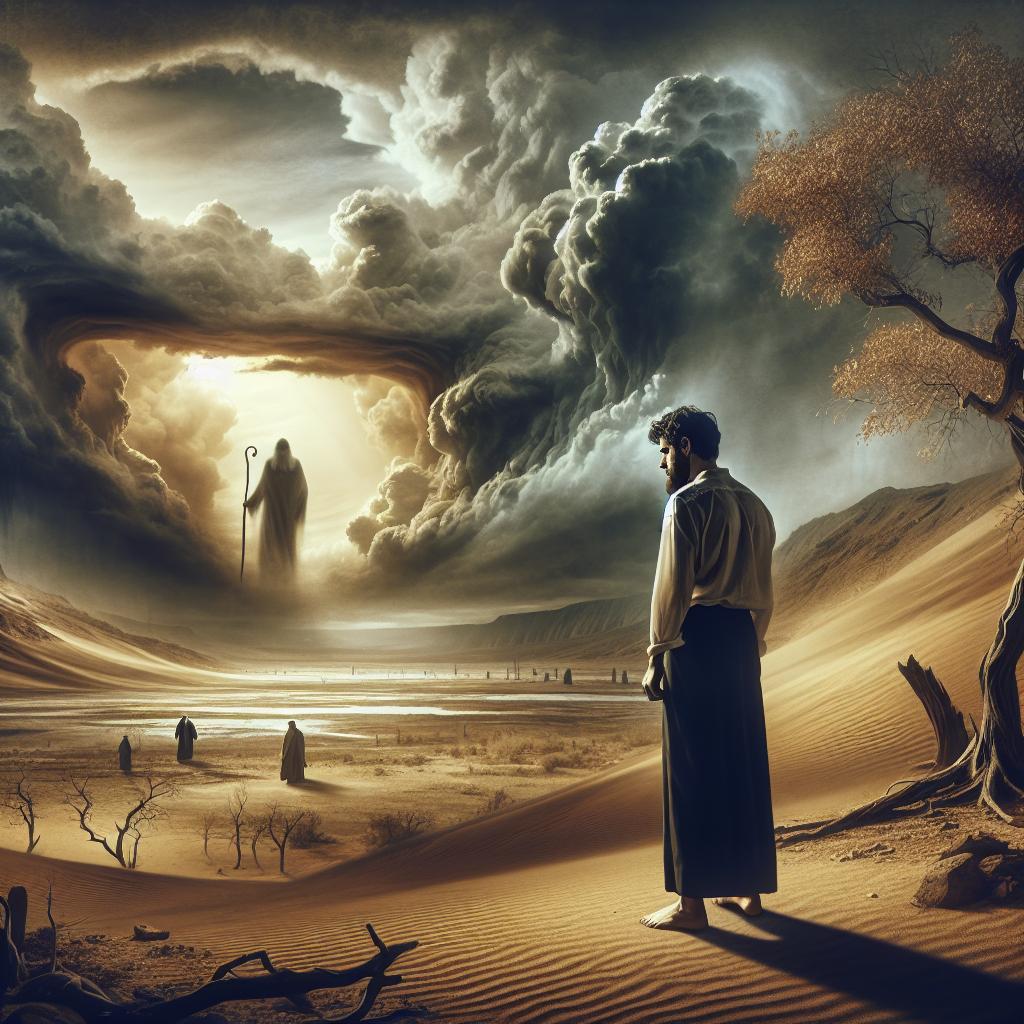
Unveiling the Divine Judgment in 2 Chronicles 21-19: A Revealing Encounter
Published: 07 July 2024
Does yôm with a number always refer to 24-hour days?
In the book of Genesis, the word "yom" is used to describe the six days of creation. In this context, many people believe that "yom" refers to a literal 24-hour day. However, there is some debate regarding the meaning of "yom" when it is used with a number.
One example that is often brought up is 2 Chronicles 21:19, which says, "In the course of time, at the end of two years." Some argue that this verse shows that "yom" can mean a longer period of time, such as a year. However, it's important to note that using one isolated case to interpret the meaning of "yom" in Genesis 1 is not a sound approach.
The interpretation of 2 Chronicles 21:19 has been challenging for scholars. Most translations render "yom" in this verse as "years," understanding it as an idiomatic expression meaning "at the end of two years." This interpretation is based on the understanding that if "yom" was taken literally as a day, it would imply that Jehoram's illness lasted only two days, which doesn't align with the rest of the passage.
However, there is another possible interpretation. The Greek translation of the Old Testament known as the Septuagint (LXX) translates the phrase as "two days." Some commentators suggest that Jehoram's chronic illness caused his bowels to come out two days before he died. This interpretation maintains the idea that the illness was chronic while avoiding an unlikely interpretation of "yom."
It's worth noting that the phrase "he was thirty-two years old" in 2 Chronicles 21:20 is much easier to understand. The Hebrew text does not use either "yom" (day) or "shâneh" (year) in this verse. It simply states that Jehoram was thirty-two years old when he began to reign. This is confirmed by 2 Kings 8:17, which also mentions his age.
Why This Matters
The interpretation of "yom" in Genesis 1 is crucial for understanding the creation account. Many Christians believe that the days mentioned in Genesis were literal 24-hour days, while others argue for longer periods of time. The debate over the meaning of "yom" with a number, such as in 2 Chronicles 21:19, can inform our understanding of how "yom" is used throughout the Bible.
Additionally, this topic touches on the broader issue of biblical interpretation. It highlights the importance of considering the context, language, and literary style when interpreting Scripture. Understanding how different words are used in various contexts can help us avoid misconceptions and ensure a faithful understanding of God's Word.
Think About It
-
How does the interpretation of "yom" in Genesis 1 impact your view of creation? Does it change your understanding of the length of the creation days?
-
Consider the challenges faced by scholars when interpreting ancient texts. How does this remind you of the complexity of understanding Scripture? How does it deepen your appreciation for those who study and interpret the Bible?
-
Reflect on the significance of context when interpreting Scripture. Why is it important to consider the broader narrative and surrounding verses when trying to understand a particular verse or phrase?
-
How does this discussion challenge you to approach biblical interpretation with humility and a willingness to learn from various perspectives?
